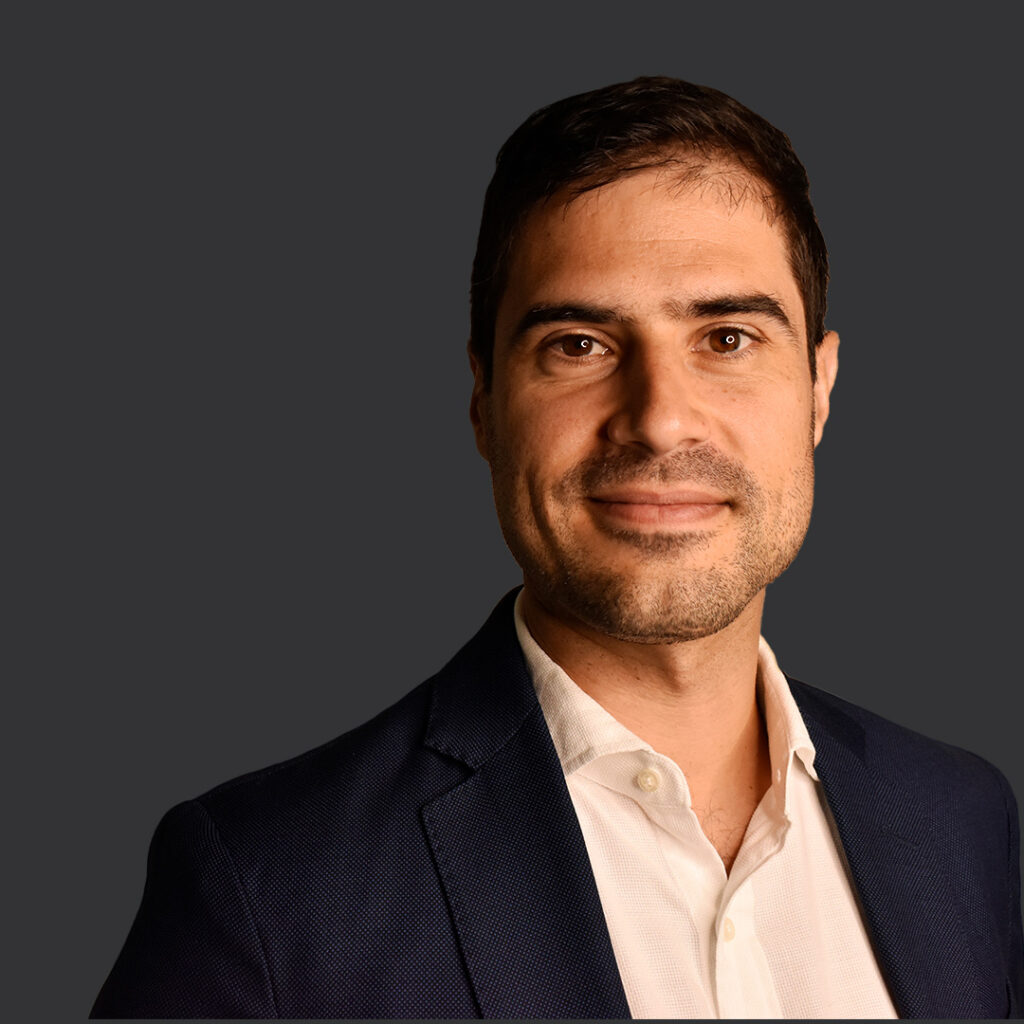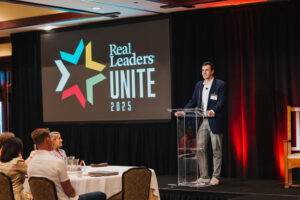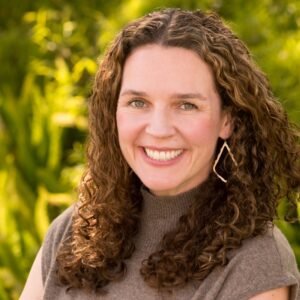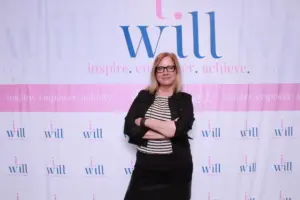My Realignment Journey
Read Time
3 min read
Posted on
September 11, 2025

When I was preparing to raise my first fund, the accelerator I joined pushed hard for me to follow the playbook: Move fast, create momentum, close early. I was operating on fear of missing out, and I’ve never liked that energy. If something is aligned, the decision should feel clear; if it’s not, you wait — but I didn’t wait.
I ignored the tension building inside me. I brushed past the local conversations — the ones where angels shared their limited time, their desire to mentor, their need for something different. One had sold his company to Microsoft and founded two angel groups; another explained how local angels weren’t retirees with time to spare — they were builders themselves, craving connection and impact with limited hours.
Then came the moment that stopped everything: my wife’s high-risk pregnancy. Suddenly none of it mattered. The fund could wait.
Out of the fundraising race, I finally listened to the angels, the founders, and the reality of our region. The answer was obvious: We needed to build something for our own context, not someone else’s.
This wasn’t my first pivot. Years earlier at 26 I walked away from a successful mergers and acquisitions career in Spain. On paper I had everything, but I couldn’t stomach a career of moving money without purpose. I traveled, sat in silence, and reconnected with what mattered. That’s when I made a decision: I would only build what felt aligned.
That brought me to Puerto Rico, my mother’s island, during one of its worst economic crises. I ran the first seed fund in Puerto Rico but quickly realized founders didn’t just need capital — they needed partners who understood the grind. I couldn’t help unless I lived it.
So I did. I joined a university spinout developing a molecule to block cancer metastasis. I knew nothing about pharma, but I knew how to build. Today that company holds the first-ever pharma license from the University of Puerto Rico — still alive, still promising.
When I returned to fund-building, I rejected the playbook. I was tired of signaling to limited partners that I was a low-risk, first-time fund manager. I wasn’t here to conform. I was here to unlock capital for founders who shared our values — and to give angels a way to back entrepreneurs in their own communities.
At Carbono3 we’re doing just that: building founder-centered infrastructure to unlock capital where good opportunities are being lost. We combine company-building tools, investment readiness programs, education, and access to capital — all grounded in the realities we’ve seen firsthand. Every piece is designed to reflect our region’s context and make the capital journey more accessible for founders and angels.
We launched our own investment readiness platform with workshops, templates, and tools that founders could access at their own pace. We built programs with universities, won a Small Business Administration award to boost STEM entrepreneurship, and launched a software that automates compliance and due diligence — solving pain points on both sides of the capital table.
I tell founders to challenge everything including me because real impact doesn’t come from chasing external fit. It comes from internal alignment. Like Gandhi said, “Happiness is when what you think, what you say, and what you do are in harmony.”
That’s the only formula I trust — and trust is where impact begins.

Overview
This article chronicles a founder’s shift from following conventional fundraising pressure to prioritizing authentic alignment and regional needs in Puerto Rico’s startup ecosystem. Key insights include valuing purposeful entrepreneurship over speed, the importance of community-specific solutions, and empowering founders with accessible tools and partnerships. Geared toward entrepreneurs, investors, and ecosystem builders, it underscores that true impact stems from internal harmony rather than external expectations. The author’s journey exemplifies how dedication to context-sensitive capital can drive meaningful entrepreneurial support.
AI-Generated Overview.






